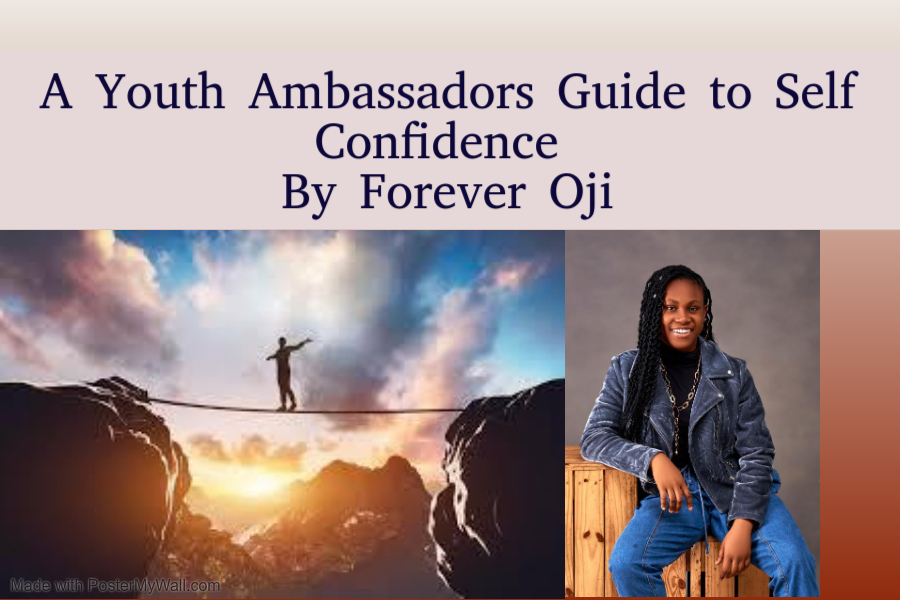A Youth Ambassador’s Guide to Self Confidence by Att10tive Youth Ambassador Forever Oji
A Youth Ambassador’s Guide to Self Confidence by Att10tive Youth Ambassador Forever Oji
How do I get more confident? What if I am not prepared to speak in front of people? What if I mess up my lines? What will they think of me? I aim to answer all these questions and more in this article.
Self-confidence is a concept that often seems vague and unattainable to most people. It is a skill that people hope to develop but fear failure too much to try. As an Att10tive Youth Ambassador, being confident is central to most of what I do. It lays behind the very backbone of our Ethos: to Engage, Educate and Empower. So allow me to guide you through Self-Confidence.
My first tip to gaining or improving your self-confidence is very uncommon, but it is to learn a little bit about everything. Building on your knowledge about various topics helps you develop and maintain a reasonable conversation with someone you may not be familiar with. Building upon your knowledge will help you to be more versatile in your speaking skills and ultimately be more confident.
The next step is to ‘Set Realistic Goals’. As much as you want to dream big and be limitless, it is helpful to be realistic and not push yourself too far. No one goes from just learning to walk to running a marathon. It is important that you take reasonable steps so that you don’t take on too much and get overwhelmed as this can also greatly affect your confidence.
Most people slip up on this part, but the next step is to be kind to yourself.
Self-criticism is unfortunately one of the biggest reasons why people have low self-esteem. They concentrate too much on their perceived mistakes. Even I still struggle with not over-criticising myself. The truth is, if you miss out on a line in your speech, no one else will notice but you. But if you worry too much about it you may make it obvious. So be sure to be kind to yourself.
If you want to build your self-confidence the most important step is to practise and to do so consistently. Practice even when you don’t have to speak publicly because sometimes, you may have to speak without having enough time to practise.
Finally, what you wear. This might sound superficial, but the truth is that first impressions are often visual. Even before you have a chance to speak, people already have an unconscious bias about who you are based on how you are dressed. So keep things professional and polite.
In conclusion, practising all these tips on a regular basis will help you to become more confident in speaking in front of crowds, and in your daily interactions.

